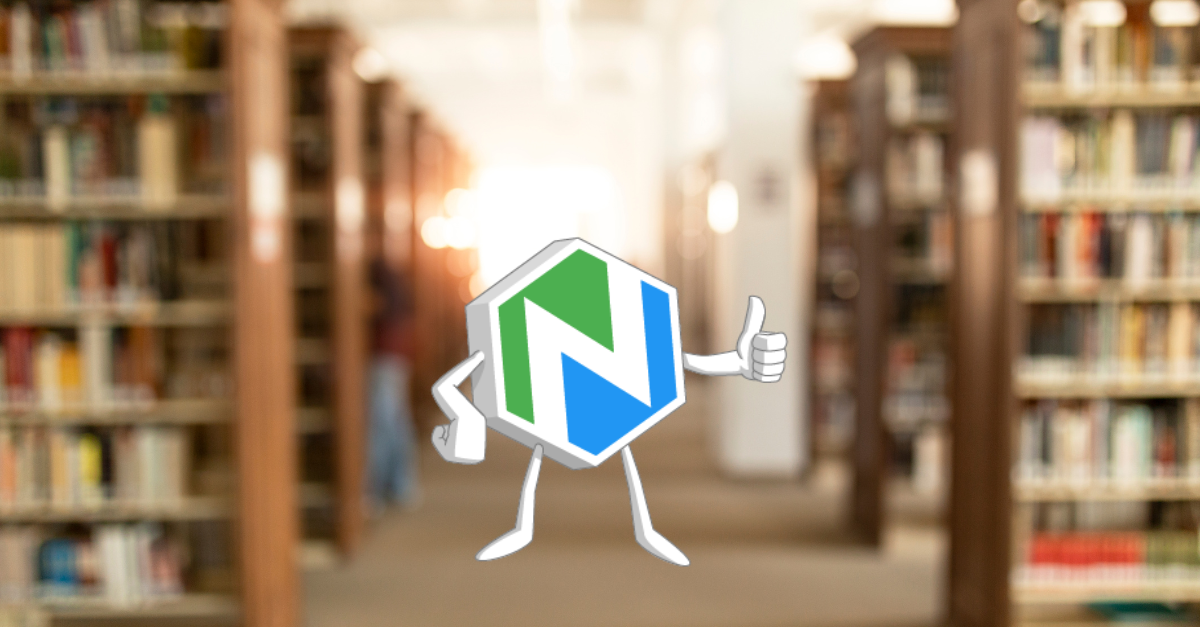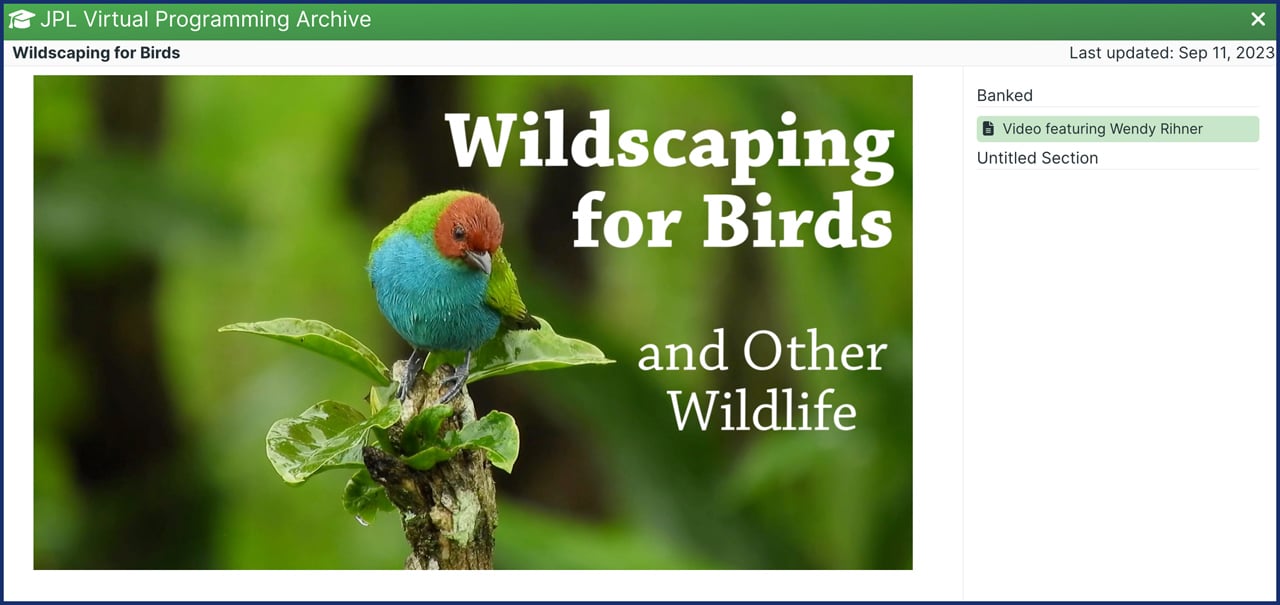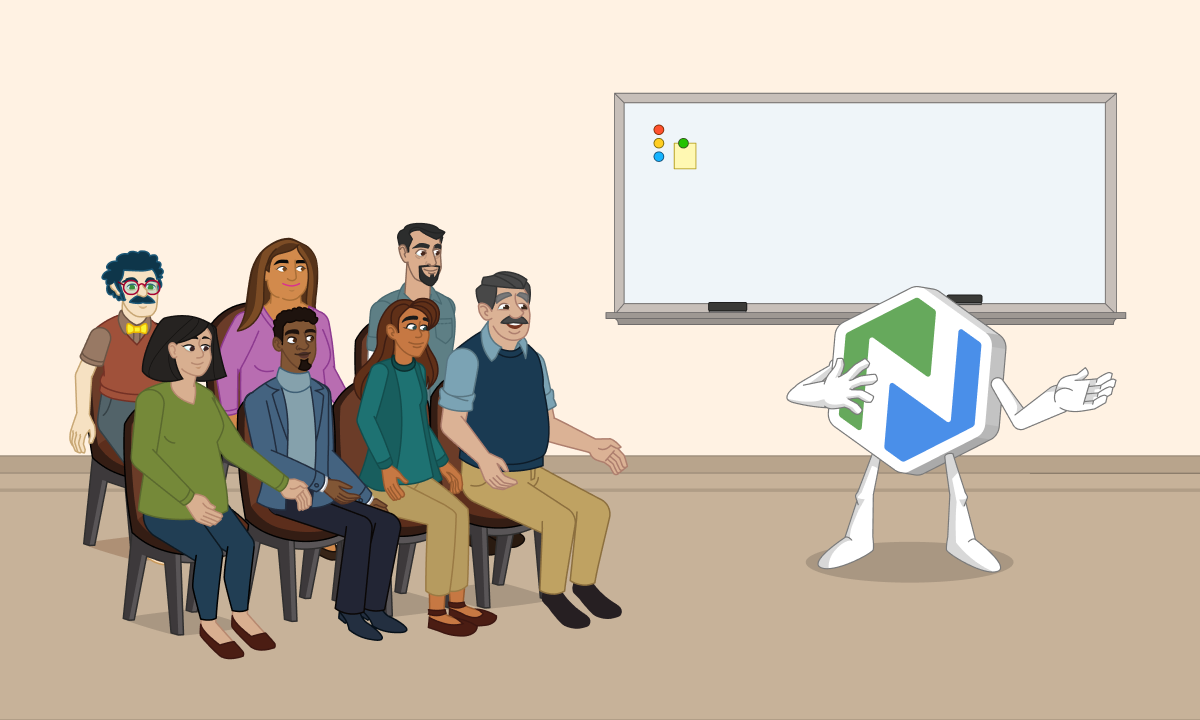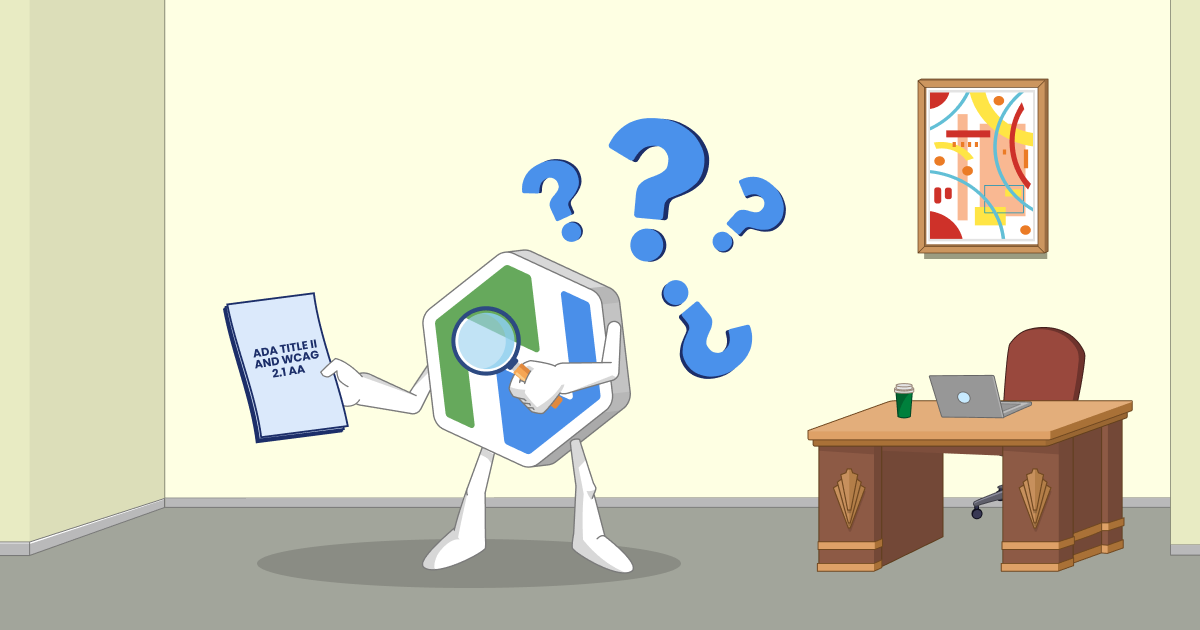Plan and Assess Library Programs Like a Pro
Learn how assessing and evaluating library programs can help you take your programming to the next level—in person and online!

Public programming is a core service in almost every library. Curated programs bring people together, help them learn, and highlight the library as a vital community gathering place.
Some libraries have dedicated programming librarians. Others rely on the contributions of everyone in the building. You may host the simplest storytimes or bring in the biggest exhibits. Wherever your programming takes you, we’re here to help. Read on if you’re ready to take your planning and assessment to the next level.
Planning Programs
Align programs with strategic goals and community needs. Programs should always connect to your library’s strategic goals. And since goals are developed in response to community needs, this is a great way to ensure you provide relevant content—while supporting the library’s vision. If promoting early literacy is a key strategy, every children’s program should include literacy elements. Each time you develop a program, think about what you want it to do for the community. Setting clear objectives makes assessment much easier.
Work with partners (and let them lead). Partnering with schools, businesses, non-profits, faith groups, or other organizations in your community has many benefits. You’ll get fresh ideas, leverage the strengths of each partner, and reach people who might not come to the library otherwise. Multiple partners are ideal because if one partner steps out, others can keep the program going. Let partners develop programs with your support, especially if they’re from BIPOC, LGBTIQ+, or other marginalized groups. They’ll know what their communities want and need, and you can step in to support outreach and programming.
Involve the whole library. Many library departments offer programs for specialized audiences like children, youth, and adults. However, planning programs around library-wide themes can encourage new ways of working together, reduce scheduling conflicts, and pull everyone into the planning process. Summer programming around a baseball theme could offer movie nights, book discussion groups, crafts, and more for all family members.
Offer online options. The Covid pandemic forced many libraries to move programming online. Even if you’ve returned to pre-pandemic services, keeping some programming online is good. Online programs reach patrons where they are, provide on-demand content, and reduce scheduling conflicts. Patrons can move at their own pace, and you may even see people who haven’t used the library before!
Putting programming online with Niche Academy will keep patrons on your site—eliminating privacy and data collection concerns that come from using YouTube or other social sites. And we offer SIP2 authentication, meaning you can put storytimes online without worrying about copyright violation!
This screenshot shows a Wildscaping for Birds program hosted on the Niche Academy platform.
Assessing Programs
Know your objectives. Assessment only works if you know what you’re assessing. This statement may seem obvious, but sometimes it isn’t. Unless you’ve identified specific objectives for your program, as described above, it’s hard to know what success should look like. Thinking about what a program should do for the community and the library will help you develop assessment questions. If a program objective was to educate patrons, ask questions to measure what they learned. If it was to entertain them, ask how they feel. Connecting objectives to outcomes gives you feedback you can work with as you design future programs.
Ask for meaningful feedback. If you always use a one to five rating scale to assess programs, think about getting more creative. Not everyone will fill out open-ended questions, but some patrons may want to give you more feedback, especially if you ask for it in interesting ways. These tips from Demco offer great ideas, like asking if patrons learned something new or how they felt before and after the program. This kind of qualitative feedback helps you tell a fuller story about how the program impacted people and can provide great quotes to use in marketing or other outreach efforts.
Experiment with different types of assessment. Getting feedback at the end of a program is ideal, but it’s not always feasible. Another option is to gather contact information and send out an assessment form a few days later. You could create a survey in the Niche Academy platform and send a link to participants. They fill it out, click submit, and you have the data at your fingertips. You may even get more thoughtful feedback as people have time to reflect on the program.
Move from assessment to evaluation. How often do you assess a program, record the data, and move on? As this report from the Connected Learning Alliance points out, assessment and evaluation are different. Assessment gives you data, but evaluation helps you figure out what to do with it. Try to get in the habit of using assessments to evaluate how your programming is going as a whole. Did you learn something that changes how you’d offer a program next time? Is there a piece of feedback that you hadn’t considered before? You might come away with small tweaks or big ideas that will make your next program even more successful.
Ready to Up Your Programming Game?
At Niche Academy, we help people solve big problems together. If you’re ready to align program planning and assessment, we’re here to help.
A subscription gives you access to our learning platform, where you can develop, assess, and share your programs with patrons. You’ll also have access to thousands of tutorials and programs created by your peers in over 1700+ libraries across several countries.
Our marketplace of professional tutorials can help you and your staff develop key skills like Community Mapping, Library Partnerships, and Social Justice Programming.
If you’re ready to learn more, contact us for a demo, and we’ll show you how working with Niche Academy can help you take programming to the next level.


.png)

.png)
.png)

.png)
.png)
.png)
.png)

.png)
.png)